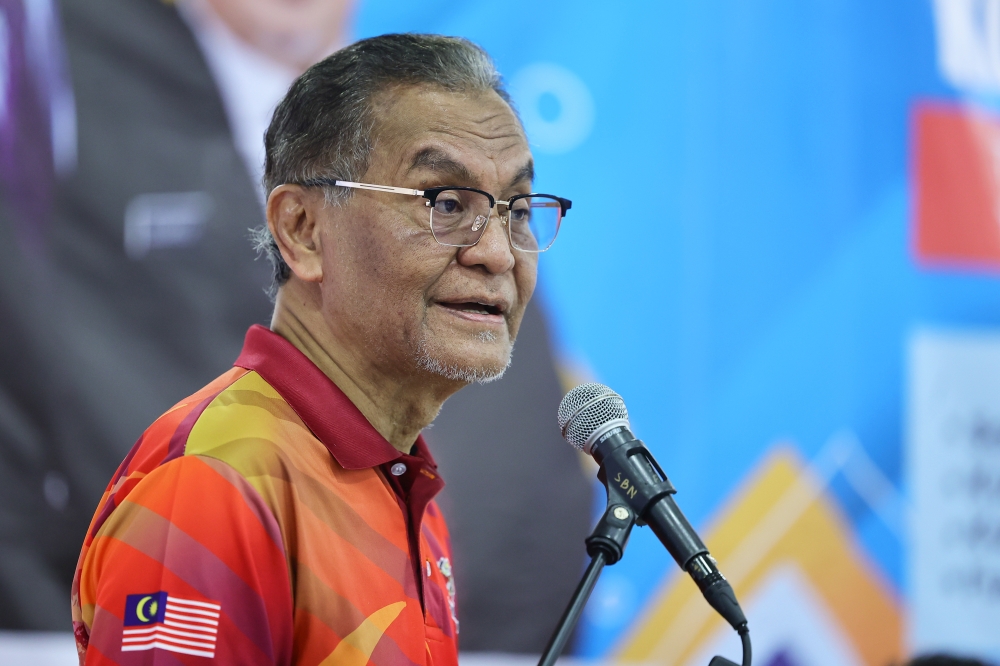Silent Struggles: Why Indiana Men Need to Prioritize Mental Health

June is Men's Mental Health Awareness Month, a crucial time to shed light on a critical issue: the often-unspoken mental health struggles faced by men, particularly in Indiana. While progress has been made in destigmatizing mental health, men continue to face significant barriers to seeking help, resulting in delayed diagnoses and potentially devastating consequences.
The Statistics Paint a Stark Picture
Across the nation, and specifically in Indiana, men are less likely to report mental health concerns than women. They are also less likely to seek professional help. According to the National Institute of Mental Health, men are significantly less likely to experience mental health treatment than women. This disparity isn't due to a lack of need; it stems from a complex interplay of societal expectations, cultural norms, and personal beliefs.
Why the Hesitation? Breaking Down the Barriers
Several factors contribute to this reluctance. Traditional masculinity often dictates that men should be strong, stoic, and self-reliant, discouraging vulnerability and the expression of emotions. Asking for help can be perceived as a sign of weakness, a notion deeply ingrained in many men’s upbringing. Furthermore, the stigma surrounding mental illness persists, leading to fear of judgment, discrimination, and negative repercussions in personal and professional lives.
Another significant barrier is access to care. Geographic limitations, particularly in rural areas of Indiana, can make it difficult to find qualified mental health professionals. Financial constraints and lack of insurance coverage also pose substantial hurdles for many men.
The Impact of Untreated Mental Health Issues
The consequences of untreated mental health issues in men are far-reaching. They can contribute to increased rates of substance abuse, relationship problems, job loss, and even suicide. Suicide remains a leading cause of death for men in the United States, and Indiana is no exception. Ignoring these issues not only impacts the individual but also affects families, communities, and the state as a whole.
What Can Be Done? Fostering a Culture of Support
Addressing this crisis requires a multi-faceted approach.
- Challenge Traditional Masculinity: We need to redefine what it means to be a man, emphasizing emotional intelligence, vulnerability, and the importance of seeking help when needed.
- Raise Awareness: Openly discussing mental health and sharing personal stories can help break down stigma and encourage men to seek support.
- Improve Access to Care: Expanding telehealth options, increasing funding for mental health services, and recruiting more mental health professionals in underserved areas are crucial steps.
- Promote Early Intervention: Educating men and their families about the signs and symptoms of mental health conditions can lead to earlier diagnosis and treatment.
- Support Organizations: Organizations like the Indiana Mental Health Association and the National Alliance on Mental Illness (NAMI) Indiana provide valuable resources and support for men struggling with mental health issues.
Men's Mental Health Awareness Month is a reminder that it's okay to not be okay. Reaching out for help is a sign of strength, not weakness. By fostering a culture of support and breaking down the barriers that prevent men from seeking treatment, we can help ensure that all Indiana men have access to the mental health care they deserve.
Resources:
- NAMI Indiana
- Indiana Mental Health Association
- MentalHealth.gov
- 988 Suicide & Crisis Lifeline: Dial 988





